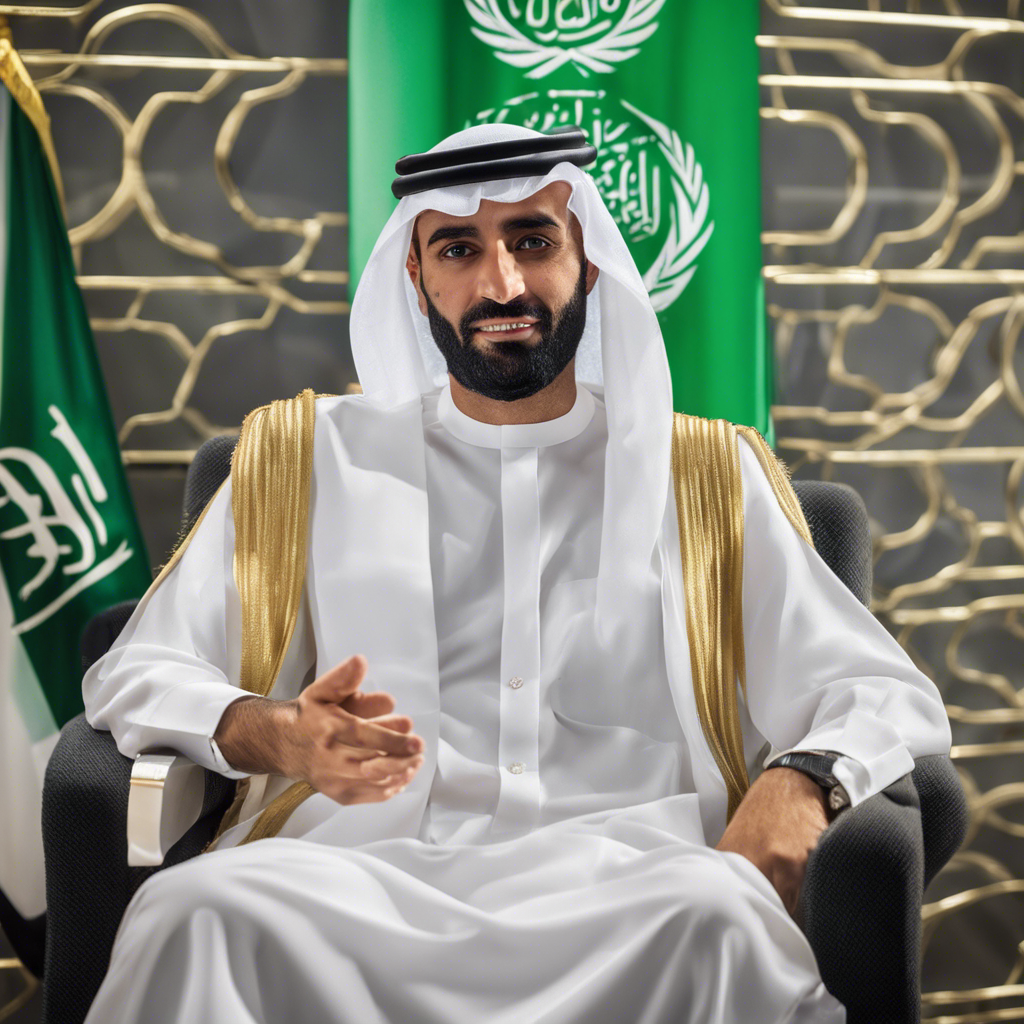UAE Pledges $270 Billion in Green Finance as Saudi Arabia Remains Absent at COP28

Climate finance gap remains wide as emerging markets and developing countries call for increased funding
At the ongoing COP28 conference in Dubai, the focus has shifted to the pressing need for climate finance and the disparity between the funds required and those currently available. While the United Arab Emirates (UAE) has pledged $270 billion in green finance by 2030, Saudi Arabia, the world’s largest oil producer, has been conspicuously absent from the summit. Meanwhile, a report highlights the staggering $2.4 trillion annual investment required by emerging markets and developing countries to combat climate change and adapt to its challenges. As vulnerable nations demand more funding through a newly formed disaster fund, the urgency to bridge the climate finance gap becomes increasingly apparent.
UAE Takes the Lead with $270 Billion Pledge
The UAE, as the host of COP28, made a significant commitment by pledging $270 billion in green finance by 2030 through its banking sector. This move highlights the country’s dedication to transitioning to a sustainable economy. Additionally, several development banks have taken steps to increase their funding efforts, including agreeing to suspend debt repayments during times of disaster. While the UAE’s commitment is commendable, it remains to be seen how effectively these funds will be allocated and utilized to drive meaningful change.
Saudi Arabia’s Absence Raises Concerns
In stark contrast to last year’s COP27 conference in Egypt, Saudi Arabia, the region’s largest economy, has chosen not to send its leaders to COP28. Prince Abdulaziz bin Salman, the energy minister and key climate negotiator, was notably absent from the Saudi Green Initiative. Furthermore, Crown Prince Mohammad bin Salman did not deliver his scheduled speech to world leaders. Saudi Arabia’s absence raises questions about its commitment to addressing climate change and its role in the global transition to renewable energy.
The Urgent Need for Climate Finance
A report released during COP28 emphasizes the immense financial requirements for the energy transition, climate adaptation, and disaster relief. Emerging markets and developing countries are estimated to need $2.4 trillion annually to cap emissions and adapt to climate change. The lack of investment, particularly in these countries outside of China, is hindering the realization of the goals set by the Paris Agreement. Nicholas Stern, co-author of the report, stresses the need to accelerate and implement investment from various sources to meet these urgent financial demands.
Calls for Increased Funding and Innovative Approaches
Vulnerable countries that are already experiencing the devastating impacts of climate change are advocating for additional funding through a newly formed disaster fund. However, current pledges for this fund only amount to around $700 million, falling far short of the required amount. Barbados Prime Minister Mia Mottley urges countries to move beyond voluntary pledges and appeals to charities and private investors. She suggests considering taxes, such as a global 0.1% tax on financial services or a 5% tax on global oil and gas profits, as means to boost climate funding. Mottley emphasizes the need for global governance and cooperation to effectively address climate change.
Private Sector and International Efforts
In addition to government pledges, private sector involvement and international cooperation are crucial in bridging the climate finance gap. France and Japan have expressed support for the African Development Bank’s initiative to leverage IMF Special Drawing Rights for climate and development purposes. The European Bank for Reconstruction and Development plans to include climate resilient debt clauses in new loan agreements with poorer countries. Danish investment firm Copenhagen Infrastructure Partners aims to raise $3 billion for renewable projects in emerging markets. These efforts demonstrate the growing recognition of the role that private investment can play in driving climate action.
Conclusion:
As COP28 continues, the urgency to address the climate finance gap becomes increasingly evident. While the UAE’s substantial pledge of $270 billion in green finance is a positive step, the absence of Saudi Arabia raises concerns about its commitment to climate action. The report’s estimate of $2.4 trillion annual investment required by emerging markets and developing countries highlights the need for immediate action. Governments, private sectors, and international institutions must collaborate to mobilize the necessary funds and implement innovative financing mechanisms. Only through collective efforts can the world hope to achieve the goals of the Paris Agreement and effectively combat climate change.










